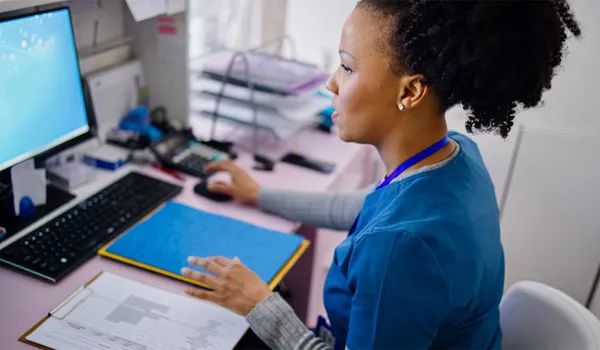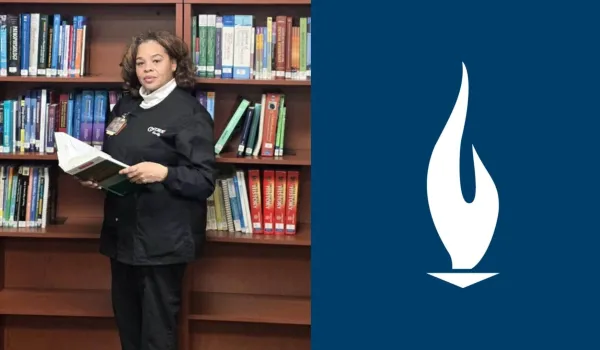
Every year, millions of people wear the pink ribbon for Breast Cancer Awareness Month, and October 2015 will be no different. Pro sports leagues will honor those who have survived, and runners around the country will jog for miles to celebrate those who are currently fighting this disease and remembering those who bravely lost their battle.
But what does breast cancer awareness really mean?
The various forms of breast cancer affect a huge number of Americans each year, so the battle to find a cure and to help those affected to survive is more important than ever. With so many Concorde students directly or indirectly affected by this disease - in themselves, their relatives, their patients - it is worth becoming truly aware of breast cancer.
A LONG-TERM PROBLEM
While the number of people who die each year from the disease has been steadily decreasing over the past 25 years, breast cancer is still the second most deadly form of cancer in American women after lung cancer. This year, more than 40,000 people will die from various forms of breast cancer, according to the American Society of Clinical Oncology. Across the country, nearly 300,000 men and women will be diagnosed with a form of breast cancer.
On the positive side, there are more than 2.8 million breast cancer survivors in the United States.
"WE WENT PINK YESTERDAY BY HOSTING OUR 2ND ANNUAL COMMUNITY HEALTH & WELLNESS FAIR! GIVING BACK TO OUR COMMUNITY WAS OUR PRIMARY GOAL BY HAVING LOCAL VENDORS PROMOTE HOW TO LIVE A MORE HEALTHY LIFESTYLE THROUGH PROPER NUTRITION, EXERCISE AND HEALTH SCREENINGS. OUR PRIMARY VENDOR, UHS, PROVIDED DIGITAL MAMMOGRAMS ON THEIR STATE-OF-THE-ART MOBILE UNIT. IT'S THE REASON FOR THE SEASON - GO PINK!"
LIZA CHAPA, SURGICAL TECHNOLOGY INSTRUCTOR
CONCORDE CAREER COLLEGE - SAN ANTONIO
PROTECTING OURSELVES
The best way to ensure that a person finds and is treated for breast cancer is to take part in regular screening. While there are different opinions about the kind and frequency of these screenings including self-examination, one thing is certain: A person with breast cancer cannot be treated if they don't know they have the disease.
For women, manual screening and regular doctor visits will help make sure that breast cancer may be caught early and treated. Sometimes, screening may include a mammogram, ultrasound or MRI. For most women, these preventive measures are enough to ensure a long and healthy life. For those who will be diagnosed with breast cancer, regular check-ups are vital to providing the best chances for survival.
Additionally, regular self-examinations are an easy way to ensure enough familiarity with the breast tissue so that patients can alert their doctors to seemingly immediate changes. The American Cancer Society recommends that women begin performing breast self-examinations (BSE) in their 20s.
OTHER WAYS TO FIGHT
Along with regular exams, there are ways to take action against breast cancer that will provide greater health benefits beyond trying to prevent cancer. Since this is Breast Cancer Awareness Month, there are a lot of ways to make this month the start of something more.
Among the ways that anyone can get healthier and work to prevent breast cancer are:
- Quitting smoking
- Starting an exercise program
- Eating more vegetables
- Cutting back on alcohol consumption
- Taking a daily family walk
While there is no guarantee that anyone will avoid breast cancer, and while there are genetic and family factors that can come into play, taking any step - even a small step - is a step in the right direction.
Concorde students and graduates work in a health care world in which breast cancer is a reality. By increasing awareness and working to make the world healthier, it may be possible to see a health care world without this disease.
Take The Next Step Towards a Brighter Future
We have a Concorde representative ready to talk about what matters most to you. Get answers about start dates, curriculum, financial aid, scholarships and more!




